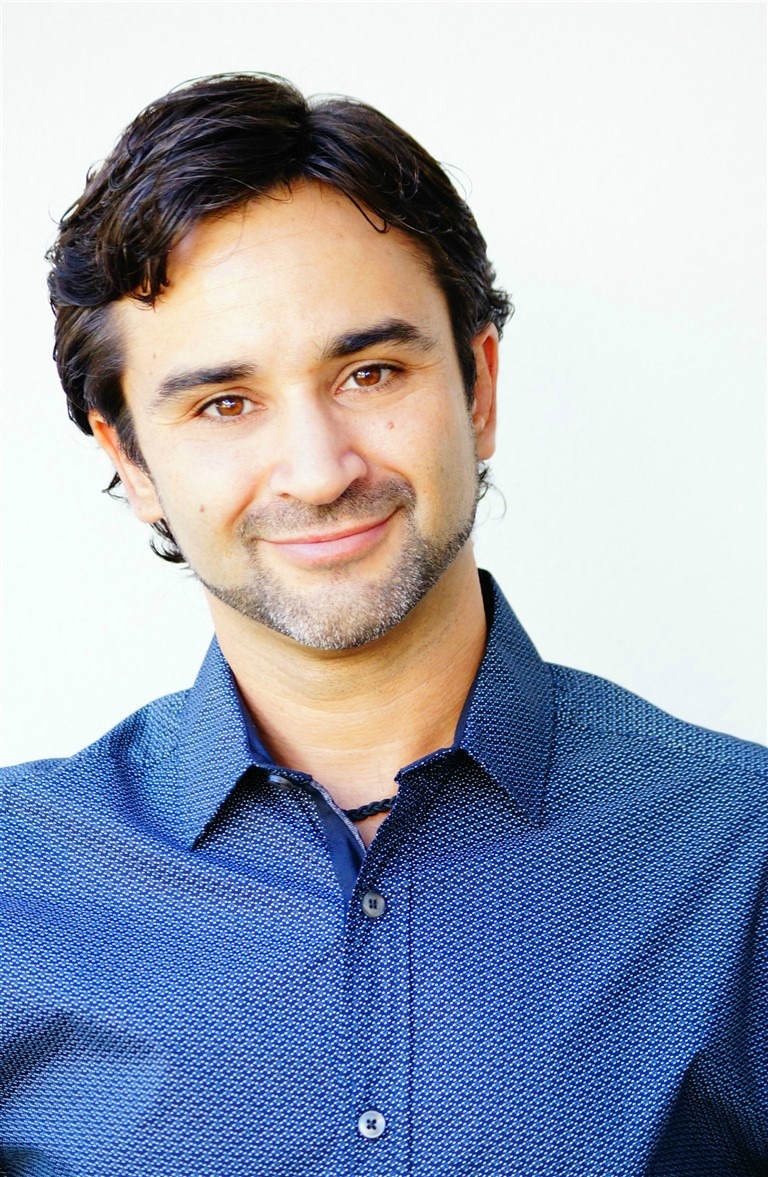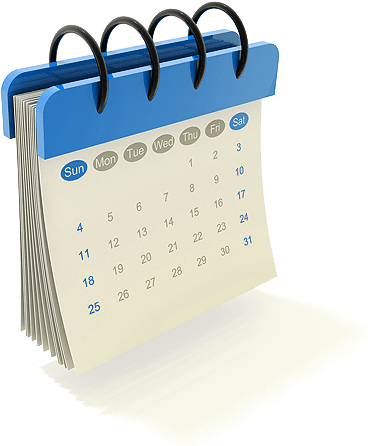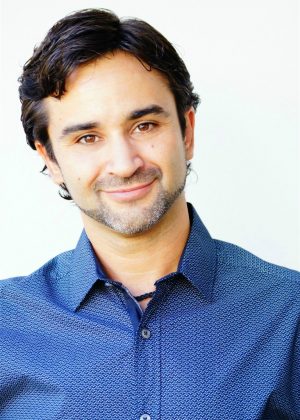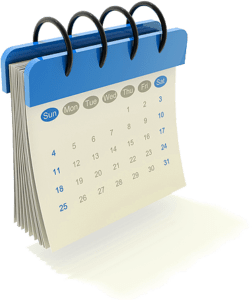Dr Andreas Comninos
PhD Clinical Psychologist
I am a PhD Clinical Psychologist with over 15 years’ of psychotherapy experience. My intentions are to help you to feel safe and respected, to collaborate with you to set clear treatment goals, and to facilitate an exploration of yourself and your situation in ways that regular conversations do not normally allow. Together, I hope we can discover constructive ways to improve your situation and your relationship with yourself and others.
My expertise and training draws from the latest evidenced-based ways to work with the mind, the body and all difficult emotions. My listening skills allow me to identify stuck patterns and unexpressed needs. I can help you to find new ways of responding to difficult situations, and I can help you to develop more resilience in the face of life’s challenges so you can live with more meaning and purpose.
My PhD (completed in 2008) investigated the predictors of a rapid response to therapy based on a variety of client and therapist variables obtained from a large dataset available at the time, through the University of Wollongong. I also applied a sophisticated tool (the Psychotherapy Process Q Set) to detect and understand the subtle therapeutic-processes occurring in the sessions of people who respond either rapidly or more gradually to therapy.
My research found that despite equivalent ratings of therapeutic alliance (one of the most well-known predictors of therapy success) in the sessions of both rapid and gradually responding clients, it was their pre-treatment Attachment style that was most predictive of their capacity to respond well to the therapy-relationship overall, and this created subtle differences detectable in micro interactions even in early sessions (in terms of defensiveness and a capacity to make use of the presence of a positive working alliance in order to later work on strong emotions such as shame and/or guilt).
Although fascinating on the one hand, it is of little surprise given that Attachment Science is now one of the most researched and well-understood areas of psychology.
In my psychotherapeutic work, I strive to bring an attachment-informed understanding to each of my sessions, from assessment and case-conceptualization to prioritizing helping my clients to understand themselves and to break long-standing relationship patterns.
In other words, my intentions are to help you to feel seen, safe and soothed (the hallmarks of Secure Attachment), to collaborate with you to set clear treatment goals, and to facilitate an exploration of yourself and your situation in ways that regular conversations do not normally allow.
Together, I hope we can discover constructive ways to improve your situation and your relationship with yourself and others.
For immediate self-help, I have written practical articles containing tools to help you with a wide-range of topics. These articles are available here. If you are new to therapy, I recommend that you read this article to help you get the most out of therapy.

Dr Andreas Comninos
B.Psych (Hons), PhD (Clin Psych), MAPS, EMDRAA
PhD Clinical Psychologist
EMDRAA Accredited Practitioner
Psychology Board Approved Supervisor
To book an appointment please get in touch with me below.
I look forward to discussing working together.

Dr Andreas Comninos
PhD Clinical Psychologist | EMDRAA Accredited Practitioner
Psychology Board Approved Supervisor
B.Psych (Hons), PhD (ClinPsych), ACBS, MAPS

About me.
I am a PhD Clinical Psychologist with over 15 years’ of psychotherapy experience. My intentions are to help you to feel safe and respected, to collaborate with you to set clear treatment goals, and to facilitate an exploration of yourself and your situation in ways that regular conversations do not normally allow. Together, I hope we can discover constructive ways to improve your situation and your relationship with yourself and others.
My expertise and training draws from the latest evidenced-based ways to work with the mind, the body and all difficult emotions. My listening skills allow me to identify stuck patterns and unexpressed needs. I can help you to find new ways of responding to difficult situations, and I can help you to develop more resilience in the face of life’s challenges so you can live with more meaning and purpose.
My PhD (completed in 2008) investigated the predictors of a rapid response to therapy based on a variety of client and therapist variables obtained from a large dataset available at the time, through the University of Wollongong. I also applied a sophisticated tool (the Psychotherapy Process Q Set) to detect and understand the subtle therapeutic-processes occurring in the sessions of people who respond either rapidly or more gradually to therapy.
My research found that despite equivalent ratings of therapeutic alliance (one of the most well-known predictors of therapy success) in the sessions of both rapid and gradually responding clients, it was their pre-treatment Attachment style that was most predictive of their capacity to respond well to the therapy-relationship overall, and this created subtle differences detectable in micro interactions even in early sessions (in terms of defensiveness and a capacity to make use of the presence of a positive working alliance in order to later work on strong emotions such as shame and/or guilt).
Although fascinating on the one hand, it is of little surprise given that Attachment Science is now one of the most researched and well-understood areas of human psychology.
In my psychotherapeutic work, I strive to bring an attachment-informed understanding to each of my sessions, from assessment and case-conceptualization to prioritizing helping my clients to understand themselves and to break long-standing relationship patterns.
In other words, my intentions are to help you to feel seen, safe and soothed (the hallmarks of Secure Attachment), to collaborate with you to set clear treatment goals, and to facilitate an exploration of yourself and your situation in ways that regular conversations do not normally allow.
Together, I hope we can discover constructive ways to improve your situation and your relationship with yourself and others.
For immediate self-help, I have written practical articles containing tools to help you with a wide-range of topics. These articles are available here. If you are new to therapy, I recommend that you read this article to help you get the most out of therapy.
To book an appointment please get in touch with me below.

I look forward to discussing working together.
Book an Appointment
Mindfulness &
Clinical Psychology Solutions